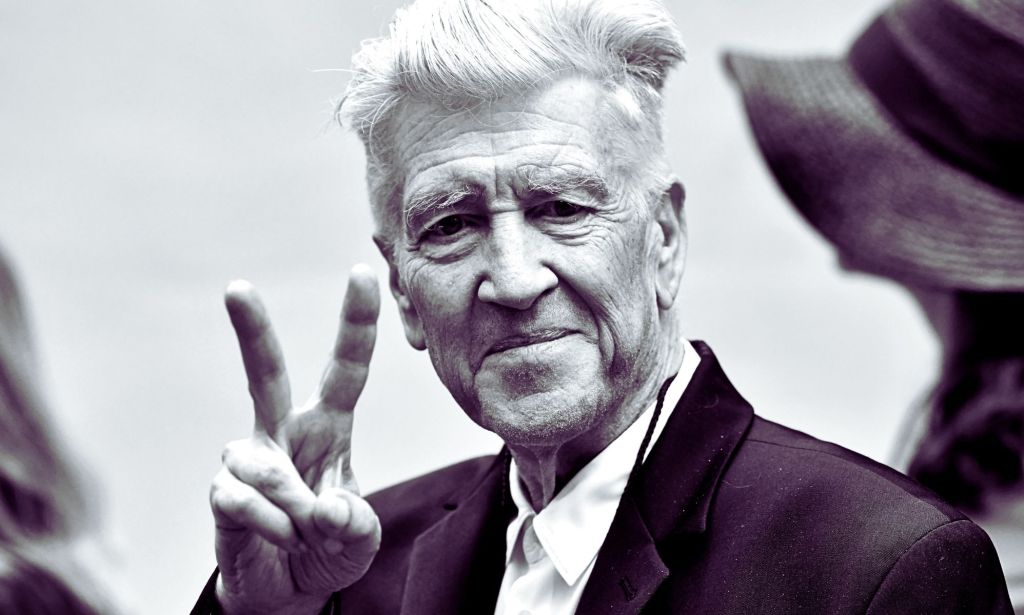Why the late David Lynch was a director for society’s outcasts

David Lynch was a director for the outcast, that’s what made him so captivating. (Getty)
It’s difficult to truly pinpoint one thing that made David Lynch such an awe-inspiring filmmaker and person, but I think above all else, it was his ability to embrace the weird and wonderful.
David’s passing has struck me hard in a way I’ve seldom felt about the passing of someone I’ve never met. I’ve seen many personal heroes pass and, while deeply devastating, the loss of Lynch feels greater because he was so candidly phenomenal that I genuinely thought he was going to live forever.
The legendary filmmaker’s death has sent shockwaves throughout the many avenues of art and film that he touched. Kyle Maclachlan, the star in many of Lynch’s projects, heralded the “creative ocean” of an enigmatic man who lived for creating.
The Twin Peaks creator’s close family, meanwhile, honoured him in their announcement of his passing with a simple quote – one of his favourites: “Keep your eye on the donut and not on the hole.”

I’ve spent the last few hours mulling over my personal connection with his work. Sure, the bulk of David’s films are undeniably good, but there’s an intimacy to the way he expresses his view of the world that made me revere him not just as a filmmaker, but as a person.
The best answer I’ve come up with so far is that David Lynch was so unabashedly himself. He was never stifled by fear of embarrassment over how some may have viewed him or his ideas, even when they were laughed at or shunned – he was a filmmaker for the outcasts of the world.
Conformity never seemed to be a word in the dictionary of Lynch. Cinematically, he threw aside traditional methods of storytelling in favour of mind-boggling pieces that left a lasting impression on viewers. Off-camera, too, David’s often profoundly odd way of talking about his passions made him relatably weird: only David Lynch could comment on eating cookies and drinking Coca-Cola and have it become a viral meme.
What’s more is there was a positivity in that weirdness. David emphasised positivity throughout his career famously saying in one of his many daily weather reports: “I’m wearing sunglasses today because I’m seeing the future, and the future is looking very bright.”

With that, David was willing to represent the outcasts of the world in his work. Twin Peaks was famously choc-full of weird and wacky characters like Margaret ‘log lady’ Lanterman, Andy Brennan, or even Dale Cooper himself. This extended to social outcasts in society, including LGBTQ+ and disabled people, all of whom were treated with respect and authenticity in David’s work.
That’s what resonates with me the most. Having grown up as a closeted queer trans girl in a society that begged for conformity, David Lynch showcased a weird and wonderful world where the unknown and the strange take centre stage. Judgement didn’t exist in Lynch’s world – why would it?
The way that David conveyed queerness on screen cemented this, especially trans detective Denise Bryson, who appears in Twin Peaks. There’s much to be said about the way Denise’s transness is conveyed in the show and, while imperfect, what stands out is that it’s authentic and refreshingly benign – Denise isn’t a trans character in Twin Peaks, she’s a Twin Peaks character who happens to be trans.
The lesbian romance in Mulholland Drive, too, is simply a romance that happens to be queer. Its purpose in the film is not to highlight the queerness of their love, but to drive the surreal plot in a certain direction while it just so happens to be queer.
It’s no wonder that his famous “fix your hearts or die” speech from Twin Peaks: The Return has become a rallying cry for the trans community.
David Lynch’s influence in cinema cannot be understated and, in a lot of ways, his influence will live on forever. The DNA of his infamous passion for putting ideas to screen is so intertwined with surrealist cinema that you’d seldom watch an arthouse movie without it.
Share your thoughts! Let us know in the comments below, and remember to keep the conversation respectful
How did this story make you feel?

